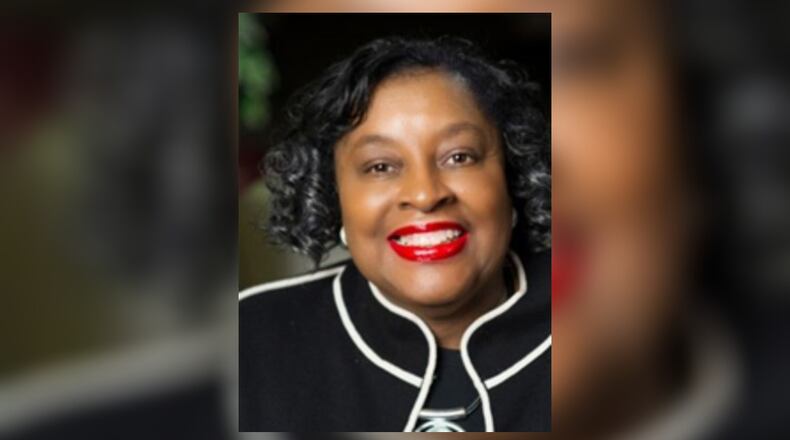Since January, a group of dedicated residents, entrepreneurs, nonprofit leaders, public officials, a City of Dayton staff, and other organizational leaders have been meeting to design a framework. The process has included the following:
- Learning more about human rights and their implications.
- Examining other Human Rights Cities worldwide.
- Adopting a shared language.
- Exploring the approach that works for our community.
During the initial meeting, it was clear that community members wanted this initiative to go beyond a city’s human rights declaration. There is an expectation of a true partnership with local government, residents, and members of non-governmental organizations involved in initiatives and future community developments. We all have a role in using our talents, influence, and resources through collective action to create an inclusive, equitable, and sustainable region.
Later this year, we met with the City of Dayton’s Mayor, Jeffrey Mims, and the City Commissioners, who indicated their support and offered suggestions for the most significant impact. With the New Year, the charge is to begin a community-wide awareness and listening effort. We want to ensure that the community provides input into the design and expected impact measurements. Afterward, the group plans to review a proposed framework with the Mayor, Commissioners, and staff for additional feedback.
In the meantime, individuals can learn more about Human Rights and get involved in the movement. Join our monthly Human Rights meeting, speak up and out when you observe human rights violations and encourage families and friends to support organizations working to advance human rights.
The human rights principles and laws originate from the Universal Declaration of Human Rights, drafted by representatives of different legal and cultural backgrounds worldwide. On December 10, 1948, The United Nations General Assembly (UN) declared this resolution a common standard of achievement for all nations. In 2015, as part of the 2030 Agenda for Sustainable Development, the UN established 17 Sustainable Development Goals (SDGs), a universal call to action to end poverty, protect the planet and improve the lives and prospects of everyone, everywhere – ensuring no one is left behind. The areas include:
- End Poverty
- Zero Hunger
- Good Health and Well-being
- Quality Education
- Gender Equality
- Clean Water and Sanitation
- Affordable and Clean Energy
- Decent Work and Economic Growth
- Industry, Innovation, and Infrastructure
- Reduced Inequality
- Sustainable Cities and Communities
- Responsible Consumption and Production
- Climate Action
- Life Below Water
- Life on Land; Biodiversity, forests, desertification
- Peace, Justice, and Strong Institutions
- Partnerships for the Goals
As the ever-evolving social changes impact our communities, the new year creates opportunities for greater understanding, commitment, and engagement in matters that affect individuals and their neighborhoods. The goal of championing human rights in the Miami Valley requires a collective will, innovation, unity, open-mindedness, transparency, cooperation, and respectful dialogue. We invite you to be part of the Global Human Rights Movement in 2023!
Mary Tyler is the principal of Mary E. Tyler Consulting, LLC. and former executive director of the National Conference for Community & Justice Greater Dayton.
About the Author
